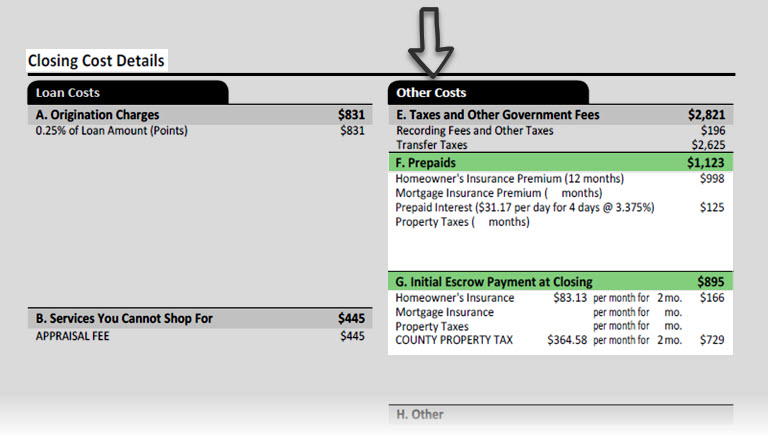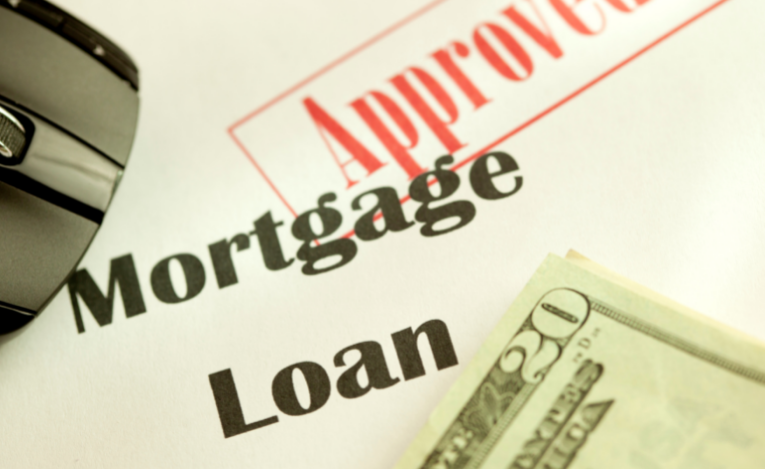Mortgage Home Insurance Escrow. Then we'll use that money to pay the bills on your behalf. The servicer keeps this extra money in the escrow account until your property tax and homeowners' insurance bills are due.
An escrow account enables you to spread out two large payments over 12 months, and it can help you avoid unexpected insurance or tax increases. Many homeowners have an escrow account set up by their mortgage lender to cover homeowners insurance and taxes. Part of the monthly payment made to the lender includes money to be deposited into the account. After you purchase a home, your lender may establish an escrow account to pay for your taxes and insurance. Those monies are often kept in an escrow account, which is further defined below.

If you don't have an escrow account, you'll pay your insurance company directly.
An escrow is a separate account where your lender will take your payments for homeowners insurance (and sometimes property taxes), which is built into your mortgage, and makes the payments for you. Part of the monthly payment made to the lender includes money to be deposited into the account. When you borrow money from a bank or a direct mortgage lender, you'll usually be given an escrow account. Lenders do this in order to make sure that these bills get paid and to protect the. Homeowners insurance premium is often paid from a lender's escrow account. After closing, your lender (or mortgage servicer, if your lender isn't servicing your loan) takes a portion of your monthly mortgage payment and holds it in the escrow account until your tax and insurance payments are due. An escrow account can help you set aside money each month for bills that relate to your property and usually come due as a lump sum — such as property taxes and homeowners insurance — as well as other bills such as private mortgage insurance. After you purchase a home, your lender may establish an escrow account to pay for your taxes and insurance. Then we'll use that money to pay the bills on your behalf. An escrow account is a separate bank account you maintain with your mortgage lender. While those with less than 20 percent down on a house are usually required to have an escrow account, any homeowner can request one through their mortgage company. Your bill will very clearly state how much of your payment is going toward paying off the house and how much is going into your escrow account. Escrow accounts help homeowners save money each month to pay annual property tax and homeowners insurance payments.
Lenders do this in order to make sure that these bills get paid and to protect the. Do i have to escrow my homeowners insurance? Mortgage closing and escrow if you buy a home with 20 percent or more down, the lender may waive the requirement to have an escrow account. Your lender uses the funds to pay property tax and homeowners insurance bills on your behalf. Escrow accounts are generally required if your down payment is less than 20%.

Homeowners typically enter into an escrow account for payment of their mortgage, property taxes, and homeowners insurance.
With this kind of account, you pay a few hundred dollars extra every month on top of your monthly mortgage payment of principal and interest. Escrow is money, property or a written document (such as a bond) delivered or held by a third party pending the fulfillment of an agreement. You pay a certain amount to your lender over the year, and your lender handles the rest. Your mortgage lender typically opens an escrow account on your behalf. An escrow is a separate account where your lender will take your payments for homeowners insurance (and sometimes property taxes), which is built into your mortgage, and makes the payments for you. When you borrow money from a bank or a direct mortgage lender, you'll usually be given an escrow account. Go to chase home equity services to manage your home equity account. An escrow account helps ensure that expenses such as your homeowners insurance premiums and real estate taxes are paid on time. Homeowners insurance premium is often paid from a lender's escrow account. This account is where the lender will deposit the part of your monthly mortgage payment that covers taxes and insurance premiums. If you see the general term insurance on your statement, it's referring to hazard or homeowners' insurance. Then we'll use that money to pay the bills on your behalf. The lender might require you to put your loan on an auto.
Escrow accounts help homeowners save money each month to pay annual property tax and homeowners insurance payments. Then we'll use that money to pay the bills on your behalf. You make monthly deposits and we use that money to pay your taxes and insurance premiums. Many homeowners have an escrow account set up by their mortgage lender to cover homeowners insurance and taxes. These help avoid a huge bill each year.

Escrow accounts help homeowners save money each month to pay annual property tax and homeowners insurance payments.
Many homeowners set up an escrow account through their mortgage company to use part of their monthly payment to cover homeowners insurance and property taxes. It's possible to avoid escrow and pay your own taxes and insurance under certain circumstances. Escrow accounts are generally required if your down payment is less than 20%. An escrow account is where your lender deposits a portion of your mortgage payment to pay for property taxes, private mortgage insurance, and homeowners insurance. Escrow accounts help homeowners save money each month to pay annual property tax and homeowners insurance payments. Escrow (or impound) account for insurance & taxes if you put less than 20 percent down on a home, most lenders require you to set up an escrow account (also called an impound account), which requires you to pay in monthly installments beyond your mortgage payment to accrue for property tax and insurance payments. Each monthly mortgage payment will include 1/12 of your annual property tax bill. Your mortgage lender typically opens an escrow account on your behalf. Escrow is a crucial element of any mortgage. Homeowners insurance premium is often paid from a lender's escrow account. Lenders do this in order to make sure that these bills get paid and to protect the. Bills for property taxes and insurance are then sent to the mortgage lender and paid out of the escrow account. It'll stay in your escrow account until your insurance bills are due.

Tidak ada komentar: